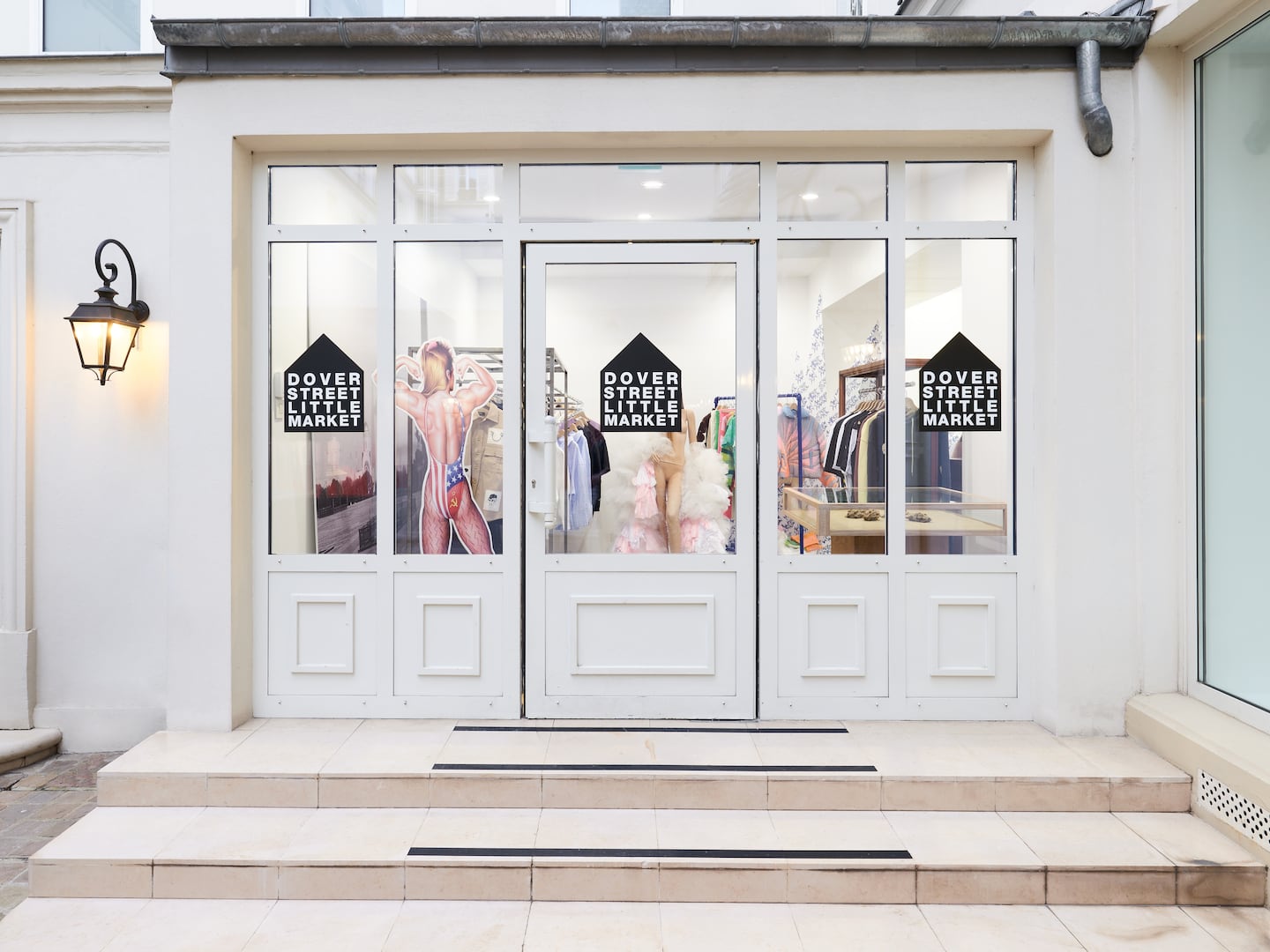
The Business of Fashion
Agenda-setting intelligence, analysis and advice for the global fashion community.

Agenda-setting intelligence, analysis and advice for the global fashion community.

The Comme des Garçons-owned concept store is expanding its footprint in the city with a small shop stocking seven designers that are a part of the company’s brand development division, Dover Street Market Paris, which operates out of an atelier on Place Vendôme.
Dubbed “Little Market,” the new store will open on February 27 at 54 Rue du Faubourg St. Honoré, which previously housed Comme des Garçons’ Trading Museum Paris, a kind of museum-retail hybrid.
The brands set to be featured in the Little Market space include Berlin’s Honey Fuckin Dijon, New York’s Vaquera, Moscow’s Rassvet (Paccbet) and Singapore’s Youths in Balaclava, which are not owned by Comme des Garçons but benefit from shared marketing, sales and operational resources.
Dover Street Market first made its Paris retail debut in 2019 with a beauty and fragrance store located on a quiet street in the Marais. While the retailer has been interested in expanding presence in Paris since the closure of famed concept store Colette in 2017, finding a suitable space has proven challenging.
But as more of the city’s specialty retailers, including Montaigne Market, which is set to close this month, fade away, new opportunities may emerge. Finding the right real estate has been integral to the success of Dover Street Market’s outposts, from its original London location to its Los Angeles store, which opened in the city’s industrial Arts District in 2018.
Designer brands including Gucci and Anya Hindmarch have been left millions of pounds out of pocket and some customers will not get refunds after the online fashion site collapsed owing more than £210m last month.
Antitrust enforcers said Tapestry’s acquisition of Capri would raise prices on handbags and accessories in the affordable luxury sector, harming consumers.
As a push to maximise sales of its popular Samba model starts to weigh on its desirability, the German sportswear giant is betting on other retro sneaker styles to tap surging demand for the 1980s ‘Terrace’ look. But fashion cycles come and go, cautions Andrea Felsted.
The rental platform saw its stock soar last week after predicting it would hit a key profitability metric this year. A new marketing push and more robust inventory are the key to unlocking elusive growth, CEO Jenn Hyman tells BoF.